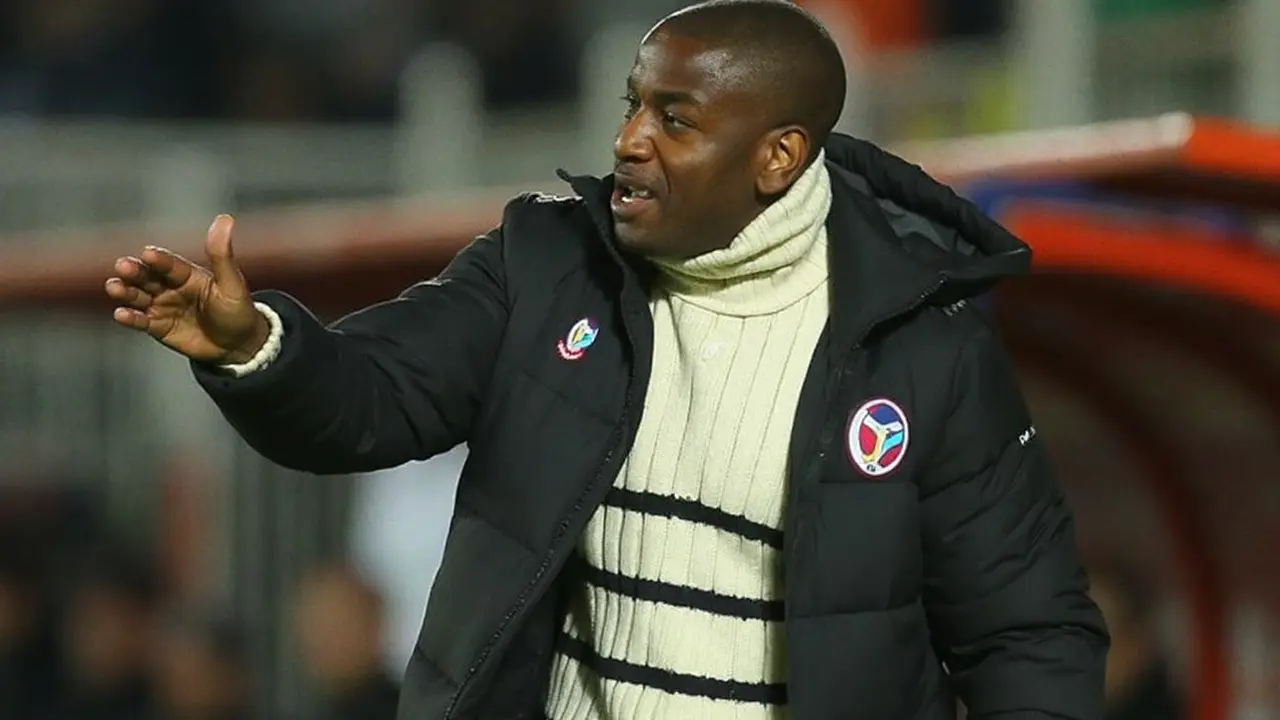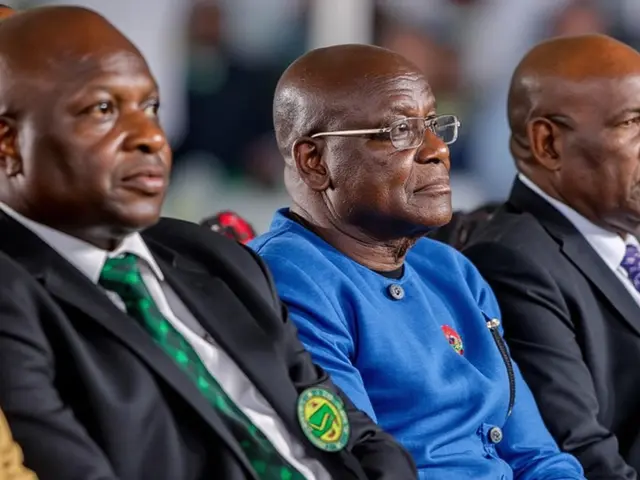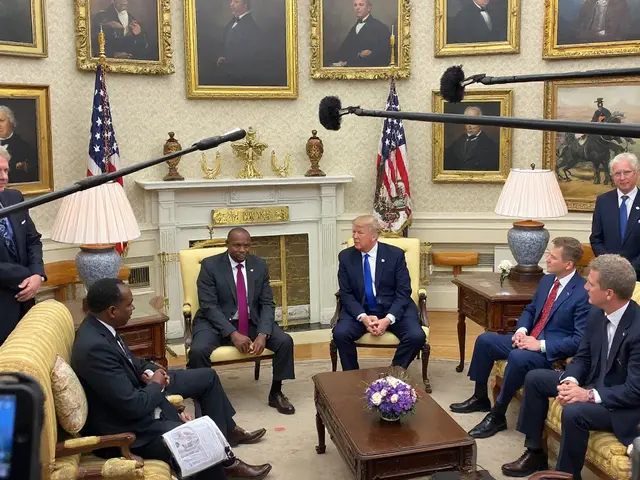Wydad’s Coaching Shakeup: Rulani Mokwena's Short Spell Comes to an End
Wydad Athletic Club isn’t hiding anything about Rulani Mokwena’s departure—the Moroccan side confirmed the South African coach will leave at the close of the 2024/25 season after an underwhelming year. Right now, Mokwena’s on ‘special leave’ as the season wraps up, with the club making it clear this split is more practical than dramatic. His exit was triggered by medical leave, but a series of missed targets paved the way.
Club spokesperson Mohamed Talal didn’t mince words, saying, “Rulani Mokwena’s departure will not cost the club a single dirham.” Any fears that Mokwena might take the matter to court were quickly dismissed as well—club president Hisham Aboud even offered to cover costs himself if needed. The arrangement looks airtight: no fat payoff, no drama, just a clean break.
The money talk is pretty straightforward. Mokwena’s contract promised a $1 million bonus, but only if he brought home a major trophy or finished in the top two of Botola Pro 1. Wydad finished third and didn’t win any of Morocco’s major competitions, meaning the bonus clause wasn’t triggered. The team will simply pay him his outstanding salaries for May and June, plus any contractual extras—not the lump sum sometimes seen in football exits.
This move isn’t just about savings—Wydad had high hopes for Mokwena when he joined, especially with his reputation from South Africa. But the new ideas didn’t click into wins. Fans grew restless after watching rival clubs grab the headlines and the silverware, while Wydad’s season fizzled out. Spanish coach Amine Benhachem, who’s been working quietly behind the scenes as sporting director, has stepped into the dugout for now. The board is so confident in him that they plan to keep him on until June 2027, and they’re ready to reward him financially too.
Behind the Scenes: How the Breakup Went Down
Rulani Mokwena’s agent, Steve Kapelushnik, confirmed the departure wasn’t heated: “There was mutual support between the two parties.” Instead of pointing fingers, both coach and club agreed the best option was to move on. Mokwena’s request for medical leave was the official spark, but the foundations for his exit had already been laid by a season that failed to meet anyone’s standards.
For all the talk of legal threats that sometimes surrounds coaching departures, Wydad has taken a different route. Club leaders stressed transparency—they spelled out the terms to fans, openly discussed the failed targets, and even challenged the idea that coaching changes have to bring expensive headaches. That attitude could set a new tone for contract negotiations in Moroccan and even African football, where payout battles can stretch for months.
As the club regroups, all eyes will be on Benhachem. Coming from a background in club operations, he’s now facing the pressure of delivering results on the pitch, starting immediately. The board expects fresh energy and a different approach to chase more than just a top finish—Wydad’s support base wants silverware, and the bar is set high. In a season where nothing went as planned, the only thing certain is that change has come, and the cost this time is as close to zero as you’ll find in top-level football. Wydad Athletic Club is hoping their next chapter will bring a different kind of headline.









